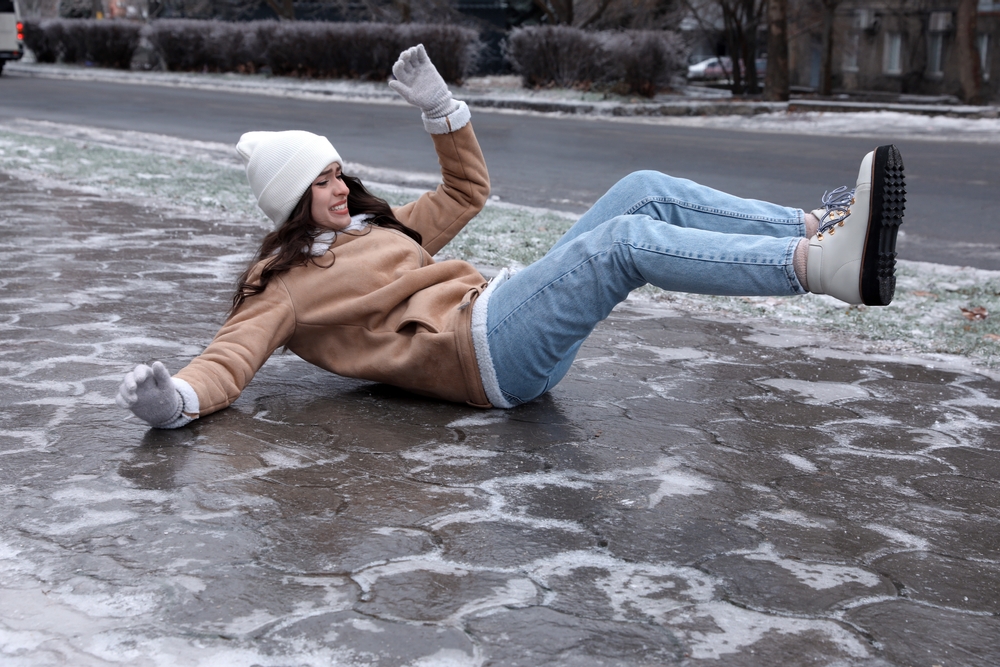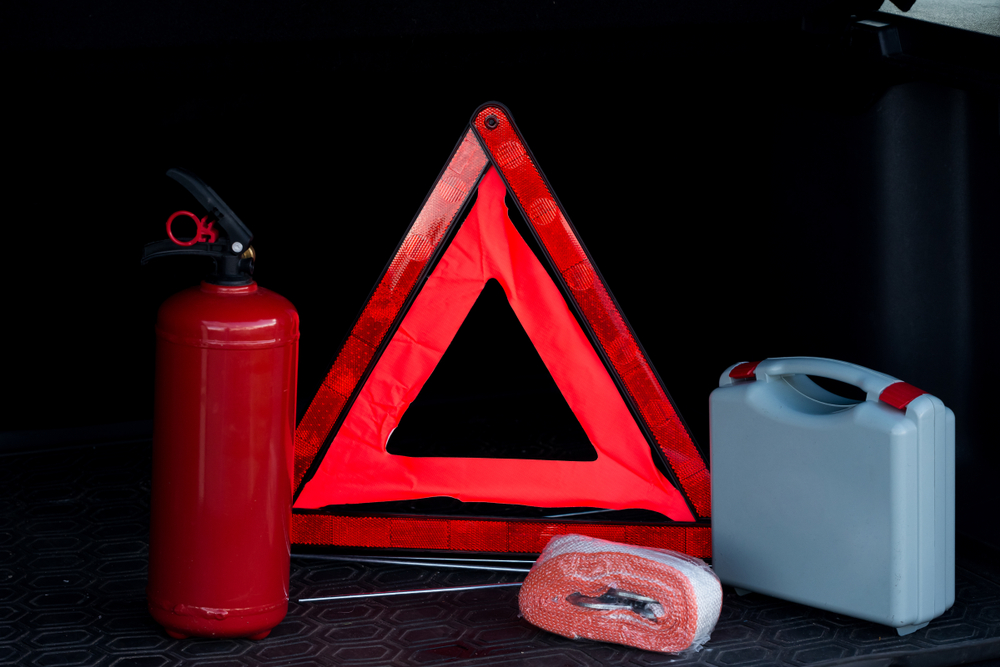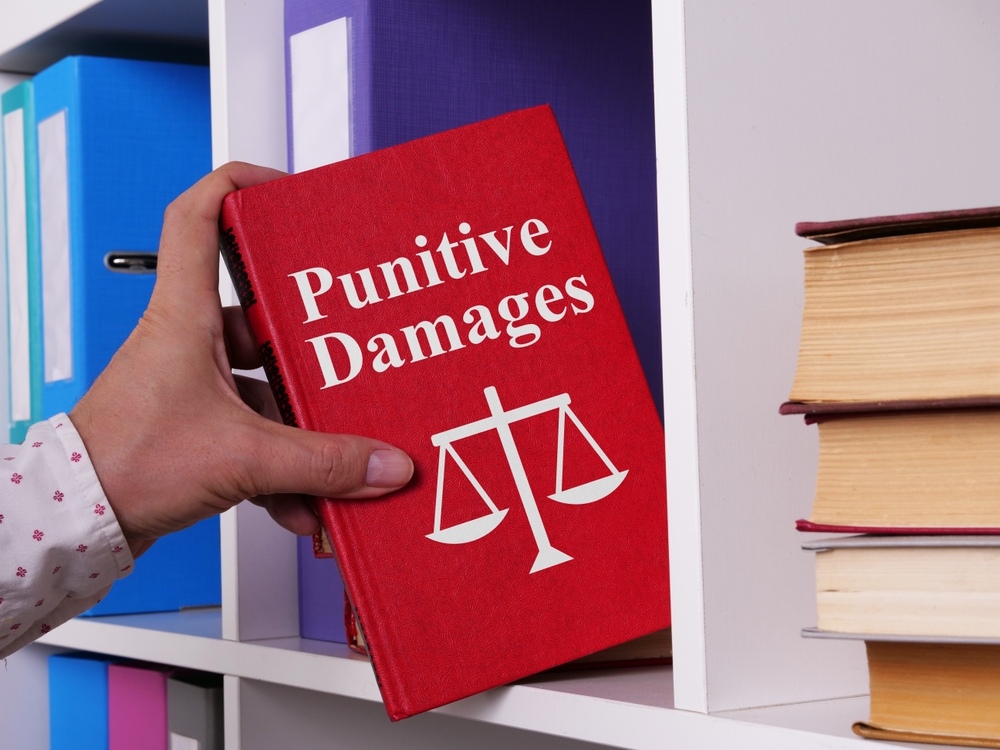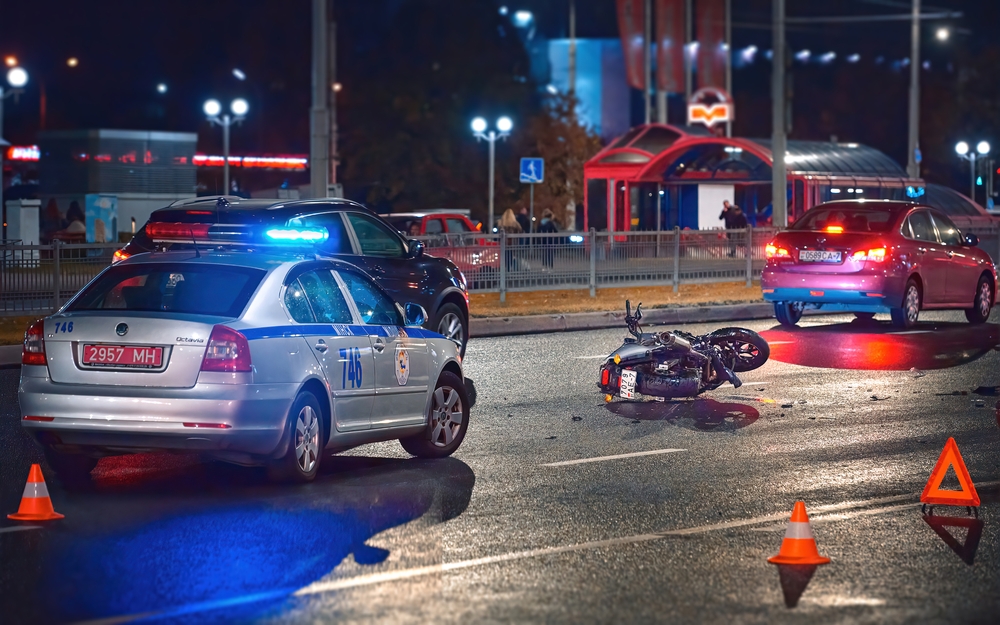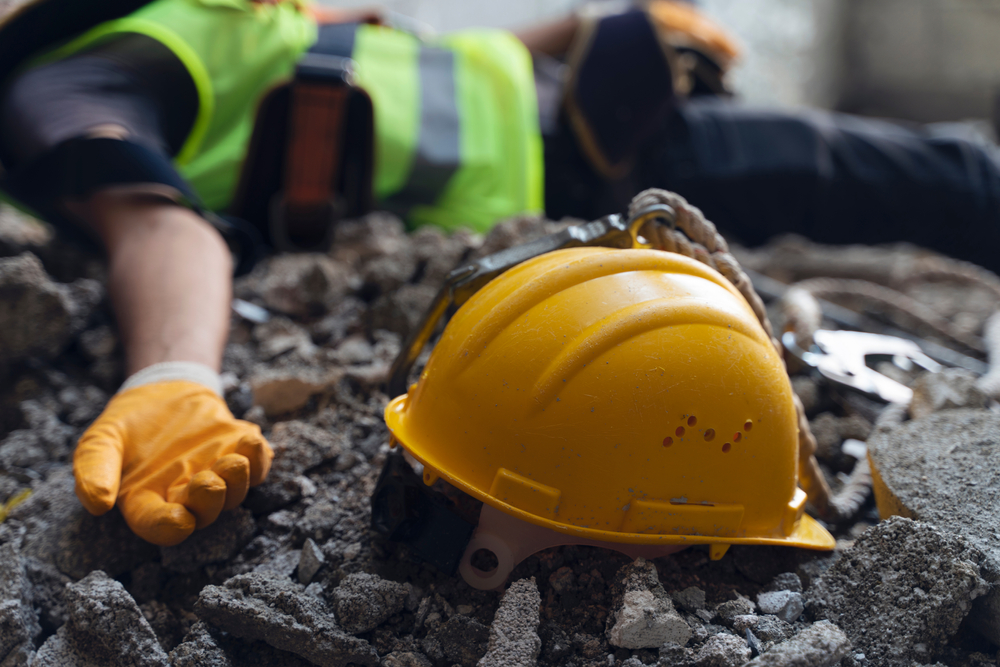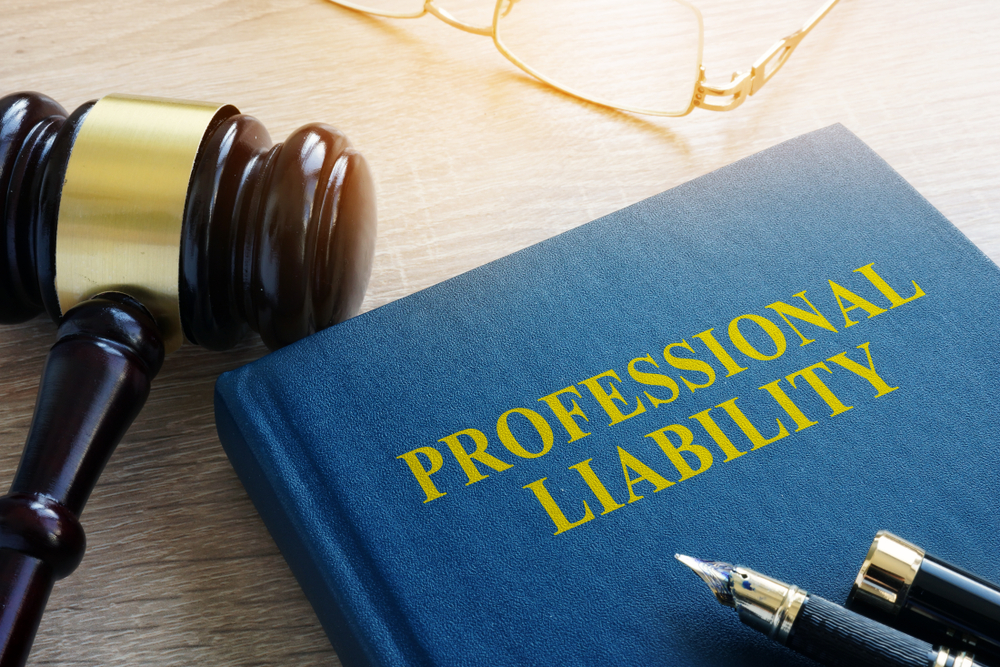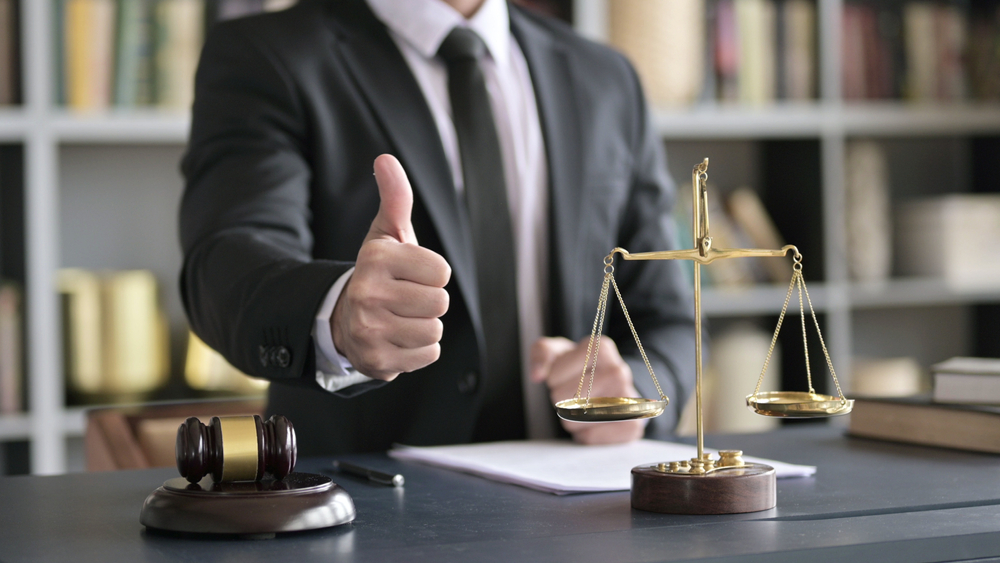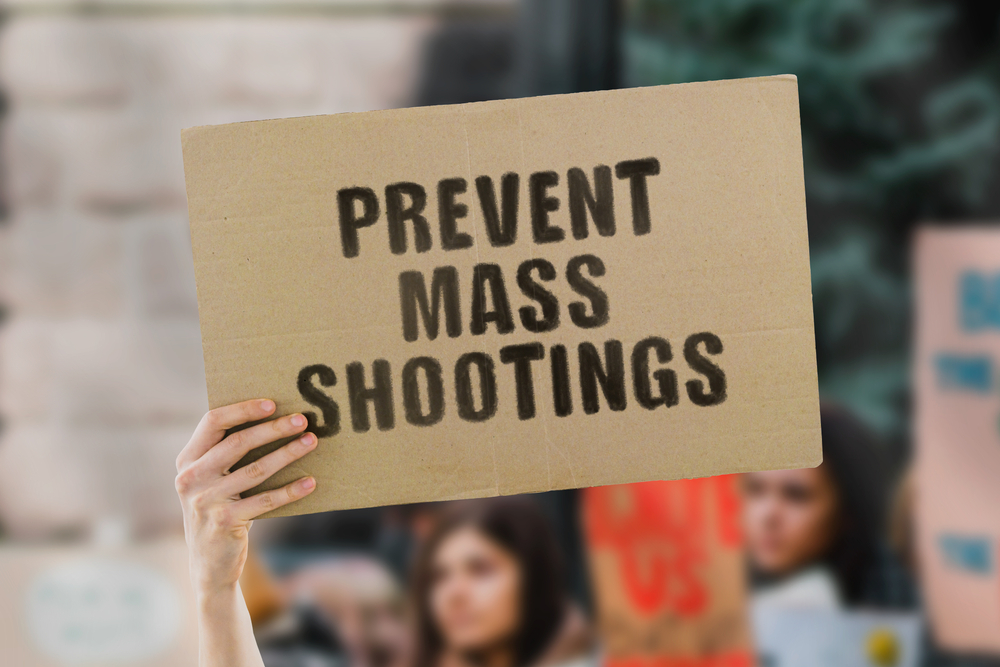Some Illinoisans, interestingly, look forward to a cold and snowy winter when the weather cools. However, slip-and-fall accidents can turn your winter wonderland into a painful nightmare.
The Centers for Disease Control and Prevent states that millions of adults slip and fall in the US annually. Approximately 3,000,000 older adults are also treated in ERs each year for slip and fall injuries. The injury rate climbs dramatically as the weather becomes colder.
Following the tips below can avoid many slip-and-fall accidents this and future winters. But if you slip and fall and another party is responsible, talking to the Schaumburg slip-and-fall lawyers at Claim Your Justice is a smart choice.
Watch For Black Ice
Black ice has its name for a good reason: It is difficult to see before you are on top of it and fall. Black ice is one of the most hazardous conditions drivers and pedestrians deal with each winter. It can cause drivers to suddenly lose control of their cars and is a significant risk to pedestrians to slip and fall.
If you walk in the winter, avoid falling on black ice by only using sidewalks that are cleared of snow and ice. Walk another way if the path has not been treated with sand or salt.
Take Smaller Steps
Falls are common when taking regular, large steps when there’s ice. When pathways are slick, walk slower and use smaller steps. Keeping your feet in constant contact with the ground can prevent falls. If there’s ice, shuffle your feet instead of picking up. If grass and snow are next to the sidewalk, walk on that.
Use A Handrail If Available
If you are walking outside in slick weather on a sidewalk or steps, use the handrail if available. Many of us still slip and fall on slippery steps, even when holding the handrail. Stairway falls can be severe and nasty and cause serious injuries, so walk carefully and slowly.
Choose Shoes With Excellent Traction
Many possible slip-and-fall incidents are avoidable if you have shoes with good grip. OSHA states any time you need to work outside in the winter, you should have shoes with excellent traction.
OSHA adds that pedestrians and workers should have boots resistant to water. Or, choose rubber overshoes with rubber on the bottoms. Just like the tires on your vehicle need good grip, the same is true with your shoes.
Last, if there is a lot of snow and ice, consider just staying home, if possible. Many trips outdoors when the weather is bad can be delayed. If you cannot avoid going out in winter weather, slow down. You can prevent many slip-and-fall accidents by taking your time.
Common Slip And Fall Injuries
These are the most common types of slip and fall injuries. If you have one of these injuries and you think someone else caused the unnatural slick condition, talk to a Schaumburg slip and fall attorney immediately:
Sprains Strains
A sprain happens when a ligament is stretched or torn in a slip-and-fall accident. For instance, you may twist your ankle when falling on black ice. Or, you could sprain your wrist when catching yourself as you hit the ground.
A strain is when a band of tissue or muscle is pulled during an accident. Strains and sprains can be mild or severe. Many heal on their own, but severe injuries require medical care.
Concussions
If your head hits the ground in the fall, there could be a severe injury. A concussion is a brain injury from a bump or blow to the head. The brain can strike the front and back of the skull, leading to extra damage. Even possibly a Traumatic Brain Injury (TBI).
Even a mild concussion is a severe injury, so go to the Emergency Room if you have:
- Pressure in the head or headache
- Vomiting or nausea
- Dizziness and balance issues
- Blurry or double vision
- Feeling stunned or dazed
- Coordination problems
- Cannot recall events just before and after
Fractures
Fractures are complete or partial breaks of bones. For example, it is common to fracture the wrist or shoulder when catching yourself as you go to the ground in a slip and fall. Others may break an ankle or leg bone when they fall. Fractures can be from mild to severe.
You may have a bone fracture if you experience these symptoms:
- Pain around the injured bone
- Extensive swelling
- Bruising
- Inability to move the injured part or limb
- Inability to move the injured part or limb
- Inability to put weight on the injured part
How To Prevent Slip And Falls On Your Property
If you are a homeowner or business owner and want to avoid slip-and-fall accident liability, remember these safety tips:
Plan Ahead For Winter
Living in Illinois and other parts of the Midwest means knowing snow will be part of life in the winter. If you use snow removal services, be sure you have an agreement detailing when the workers should come, how much snow triggers service, and areas that will be treated. Also, make sure the snow removal service has insurance that will cover you for a personal injury claim made because of their services. Preventing slip and fall lawsuits means focusing on sidewalks and parking areas with heavy foot traffic.
Check the sidewalks and parking lots near your home or business. See areas where water tends to pool. Rerouting gutters so that they do not dump water onto sidewalks can prevent injuries. Also, repair low areas of the pavement and sidewalks, so water doesn’t collect in the winter.
Remember Indoor Areas
When ice and snow accumulate outside, guests, workers, or visitors will track moisture inside. Therefore, every entrance should be kept as dry as possible to avoid slip-and-fall incidents. Use a mop to clear wet areas and post Wet Floor signs to protect yourself from liability.
What To Do If You Slip And Fall
If you fall on ice, let your hands and arms catch you. It is critical to try and cover your head if you fall on your back. So, tuck your head in and release any objects in your hands. Protecting your head is vital to avoid a potentially severe injury.
After you hit the ground, check for injuries. If you are hurt and cannot get up, shout for help or call 911. Do not try to get up if you feel pain anywhere.
If you are okay enough to stand, get up from the ground slowly. Attempt to roll onto one side and pull yourself up slowly to the hands and knees. Crawl to something sturdy, such as a handrail or car. Us the object to support you while you stand.
If you think someone is responsible for your injures, take pictures of where the fall occurred.
When Should You See A Doctor After A Slip And Fall Accident?
Unless there is a severe head injury or broken bone, most accident victims have pain and inflammation. Doctors recommend using swelling, bruising, and pain as an indicator to go to the Emergency Room. Also, if you cannot move without pain, you need medical attention.
Other doctors say slip-and-fall victims should get medical care immediately if they cannot walk or if the pain is not controlled with pain medication and ice. If you think you broke a bone, get medical care right away. Not treating a fracture can lead to more significant injuries and, possibly, even infections.
If you hit your head on the ground, you should get medical treatment immediately. Even a ‘mild’ concussion can have serious consequences. However, head injuries also can get worse quickly, so it is always better to be safe than sorry.
If you are in a slip-and-fall accident and you think another person is liable, you should speak to a slip-and-fall attorney in Illinois. An attorney can tell you if you have a strong case. If you do, you do not need to pay the lawyer unless you have a favorable settlement or verdict.
Contact Our Schaumburg Slip And Fall Lawyers Now
People in slip-and-fall accidents can suffer wrist, arm, shoulder, back, and head injuries, soft tissue damage, broken bones, spinal disc damage, and even traumatic brain injuries. How will you pay for those expensive medical treatments if you are seriously injured after a slip and fall accident?
The Schaumburg slip and fall lawyers at Claim Your Justice can help to get the compensation you need for medical treatments, lost earnings, plus pain and suffering. Our attorneys will fight relentlessly for your rights if you have a strong case. Our attorneys have secured large settlements for slip-and-fall victims.
Claim Your Justice slip and fall attorneys also help personal injury victims in Hoffman Estates, Mount Prospect, Rolling Meadows, Grove Village, Schaumburg, Hanover Park, Arlington Heights, and Oak Streamwood. Please contact Claim Your Justice at 847-434-3555 for a free consultation.
Disclaimer
This information is not intended to be legal advice. You should consult an attorney for advice regarding your individual situation. We invite you to contact us and welcome your calls, letters, and electronic mail. Contacting us does not create an Attorney-Client relationship. An Attorney-Client relationship is created when you sign a written agreement with our law firm. Please do not send any confidential information to us until such time as an Attorney-Client relationship has been established.

